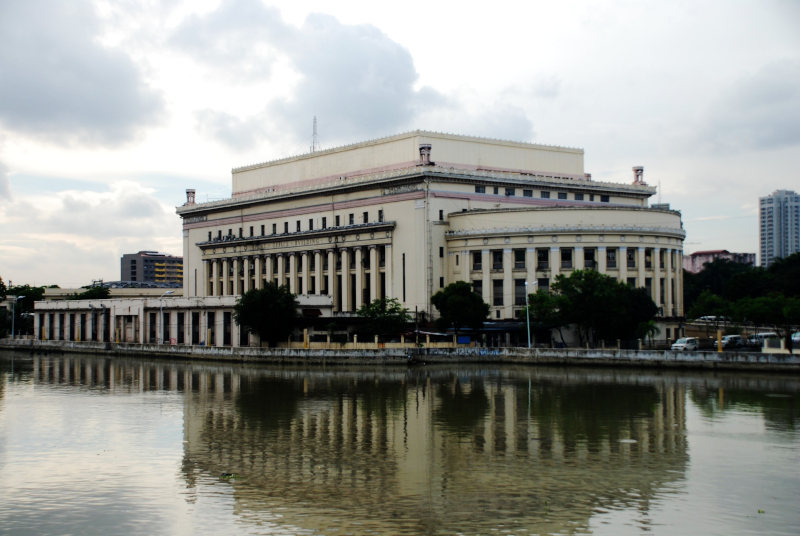The Philippine Postal Corporation (Post Office) again warned the general public against the proliferation of fraudulent activities by “Mr. Vishing” that uses telephone calls in the guise of the Post Office in their extortion activities.
The scammers use computer skills to configure their calls in order to make them appear that these are legitimately coming from the Customer Service Hotline, (02) 8288 7678, of the said government-owned and controlled corporation (GOCC) which is under the Office of the President.
Hence, the phone number registered in the Caller ID of the recipient is the “spoofed or cloned” hotline number of the postal corporation. This official number, however, is being used by the Post Office for the sole purpose of entertaining inbound calls from the mailing public who are tracing the whereabouts of their mail or parcels. It is never used for outgoing or outbound calls for verifications on senders or addressees of postal matters.

Dubbed “Mr. Vishing” for easier recall of the general public, “Vishing” is a criminal racket that uses telephone lines to call would-be victims in order to extract personal information, and generate fear against fabricated illegal acts or issues that eventually lead to extortion. These scammers are able to make their calls appear to come from reputable institutions or government agencies.
Based on the initial information gathered, the modus operandi which began in November 2022 asking would-be victims for their personal information through text or online messaging. In this case, the callers would then tell the targets that they “had discovered an outbound mail or parcel containing illegal substances purportedly sent by the prospective victim through the postal service”. They then claim that these parcels are bound for Malaysia, Thailand, or any foreign country but were allegedly “shipped and intercepted at Cebu Central Post Office” or at any post office.
“Mr. Vishing” would then refer them to a “local police” who would then use their social engineering skills to instill fear in these victims for them to avoid “legal entanglements.”
The victims are then duped or coerced (even by video calls) to shell out huge amounts of money for protection to avoid trial and possible imprisonment. So far, there have been three (3) private individuals who visited Cebu Post Office to inquire about these dubious phone calls. They were then referred by postal officials to the local police as these were proven to be spoofed or cloned calls with an end view of extortion.
The public is hereby warned not to give personal information over the phone to avoid falling prey to “Mr. Vishing”. It is best and wise to check first the authenticity of the calls, emails, or texts that they receive from proper and legitimate sources or can access valuable information available online against vishing, phishing, and other frauds.
The Post Office has already referred this matter for investigation to the Department of Information and Communications Technology (DICT) or its National Telecommunications Commission (NTC) as one of its lead agencies. Likewise, the postal service is coordinating and seeking assistance from the Philippine National Police (PNP) as well as the current telephone service provider in order to resolve and address the PHLPost Package Scam.
Do you have a story for the WhenInManila.com Team? Email us at story.wheninmanila@gmail.com or send us a direct message on WhenInManila.com Facebook Page. Interact with the team and join the WhenInManila.com Community at WIM Squad! We also share our stories on Viber, join us!






